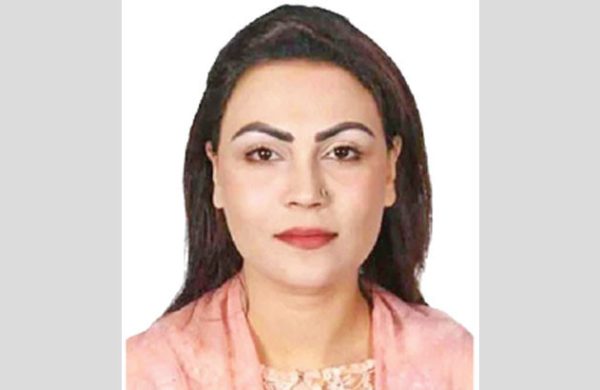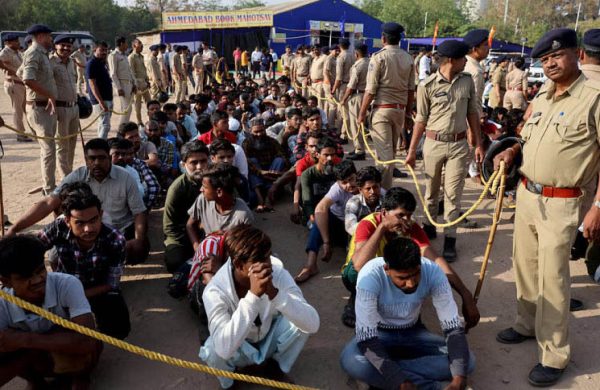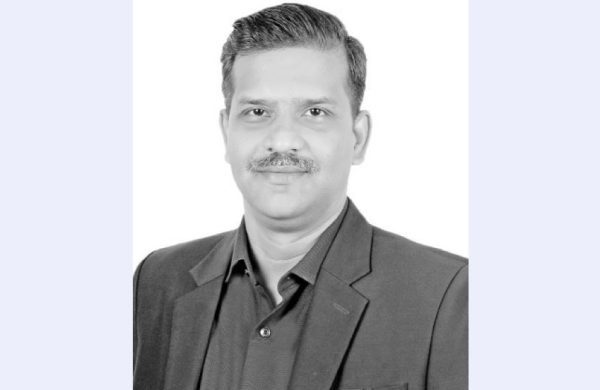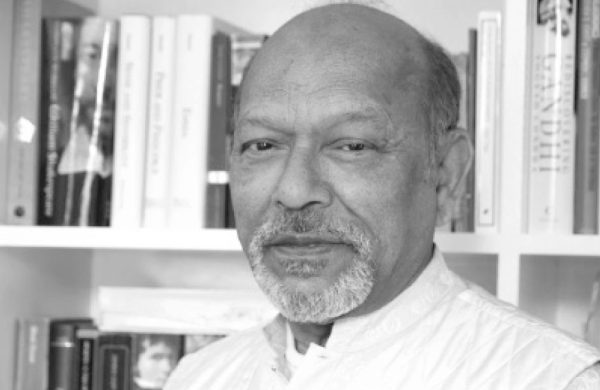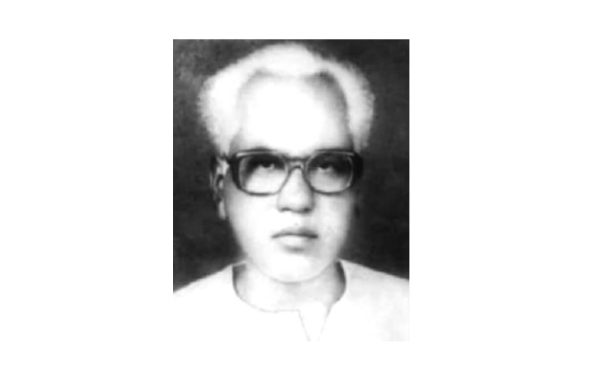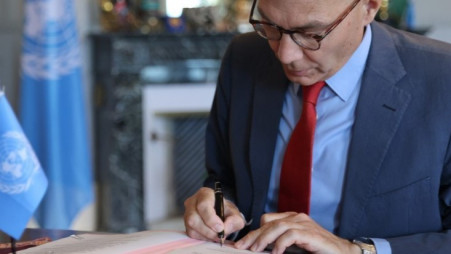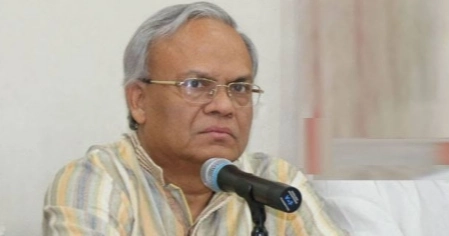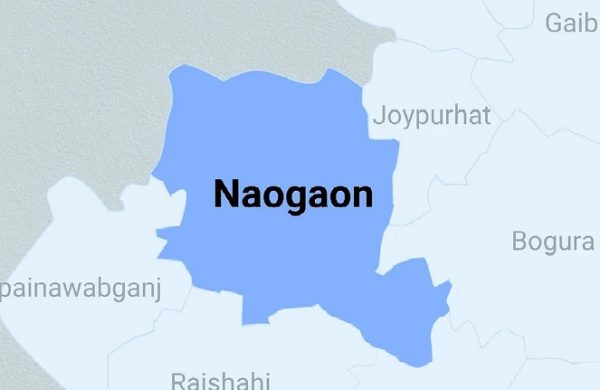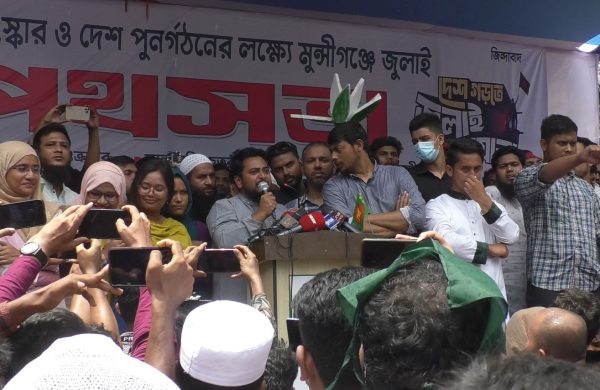This Bizarre War against Rabindranath
- Update Time : Monday, May 13, 2024

Syed Badrul Ahsan
(Veteran Journalist)
So we didn’t know that Rabindranath Tagore was opposed to the setting up of Dhaka University? The simplest – and a sharp – response to this inanity is that the Bard never expressed any opposition to the establishment of Dhaka University in 1921.
And yet you now have a group of people out to inform you that Rabindranath was not in favour of Bengali Muslims coming by university education. You ask them for proof, for evidence. These critics have nothing to prove the veracity of their claim.
What is happening here is plain calumny, a well-organised campaign to denigrate the Nobel Laureate.
It takes us back to the 1960s, when an earlier generation of anti-Tagoreans went out of their way – and they were assisted in their nefarious acts by the military regime of General Ayub Khan – to ensure that the birth centenary of the Bard was not observed in what at the time was the eastern province of Pakistan.
That intrigue fell flat.
With Justice Syed Mahbub Murshed around, with Chhayanaut ready to wage battle, with a people determined to uphold their secular literary heritage, these men possessed of parochial minds were compelled to beat a hasty retreat. Rabindranath, as the Bengalis of Pakistan were to demonstrate in so determined a fashion, could not be delinked from Bengali culture.
But those denizens of the dark would not stay quiet. In 1967, Khwaja Shahabuddin, the Urdu-speaking Ayubian minister of information, decreed a ban on the poet.
That move fizzled out too. You see, culture is something you simply cannot slice off from the rest of the body. Amputation has no place in literary heritage. In the years following the Khwaja’s declaration in the national assembly, and despite the declaration, Rabindranath remained where he belonged – on the heights of literary and aesthetic fame.
During the War of Liberation, he was clearly the cultural underpinning of the guerrilla struggle against the enemy. Amar Shonar Bangla and O Amar Desher Mati were – and are – songs which rose from within the depths of our collective national soul. And yet these elements arrayed against Rabindranath try in their negativism to force the poet into exile.
It is a shame when greatness is judged by the mediocre and the narrow-minded. It is an outrage when poets are pitted against one another, are deliberately misinterpreted by a cabal, for poetry is never judged on a single canvas. But, yes, there is the truth that there are poets greater than others of their kind. There has been no one on a higher pedestal in English literature than Shakespeare.
No poet in Urdu has been celebrated as a greater entity than Ghalib. And have we ever had a literary figure coming close to Goethe? When you go through the statements of certain pseudo-intellectuals placing Lalon on the same niche as Rabindranath; when you have people honestly but mistakenly believing that history has Nazrul and Rabindranath share the same perch in literature, you know – no, you don’t suspect but you know – where these elements are taking the argument.
And what is the nature of the argument? Well, Rabindranath is not a Muslim. His roots are not in Bangladesh. He was adamantly opposed to Muslims and wished them nothing of happiness. That is imbecility at work. And imbecility soon translates into philistinism. In this dark campaign to undermine Rabindranath comes a weapon which his detractors believe will silence Rabindranath enthusiasts around the globe.
Suddenly they have begun pitting Nawab Salimullah as a rival to Rabindranath in the Bengali historical pantheon. There is little question that the Nawab was an influential figure in east Bengal, was instrumental in the partition of the province and played a pivotal role in the emergence of the All-India Muslim League in 1906.
But nothing of that reputation places him on a par with Rabindranath. Is Salimullah or can Salimullah be really wielded as a weapon to banish the Bard from our Bengali cultural heritage? These are questions which need to be asked of these new enemies of the poet. You can be quite sure that barring a long series of waffling, they will have nothing in response.
In these Rabindranath haters what you have is a twenty-first century adaptation of Don Quixote. Rabindranath is not a windmill, but these elements have clearly decided to engage in a skirmish against the windmills in their minds.
They are driven by hate resting on irrationality. It is the sun they think they can strike with impunity and in all their viciousness. Rabindranath’s place extends beyond the Bengali world, for he is part of the universal scheme of things. His mind is the universe his fans and followers have consistently studied with diligence and with faith in the power of literature.
Rabindranath is never polemical and yet those who seek to engage in arguments specious and therefore futile around him know not that their polemics is but a new hollow assault on the poet’s reputation. They do not know that the reputations of the great and the good and the enduring are rooted firmly in history.
And history is not to be trifled with. Those who have challenged history, have screamed in anger at the makers of history through the changing times have eventually fallen by the wayside. Do not forget Ahab. He sought to strike the sun. In the end, he went down, into the sea, pulled to the depths by his irascible outlook on life.
So here’s what you need to do when you see Rabindranath arousing once again the ire of the anti-intellectual elements around you: do not let them go free with their false interpretations of men and history. Let them know, in all the firmness you can muster, that bigotry in any form has always failed to dent the honour and achievements of those who have consistently shaped the landscape of the mind – in literature, in politics, in music, in philosophy.
There have always been hordes of snipers shooting at Rabindranath. As always, and for good reason, the bullets have missed their mark.
___________________________________
Syed Badrul Ahsan writes on politics, diplomacy and history




